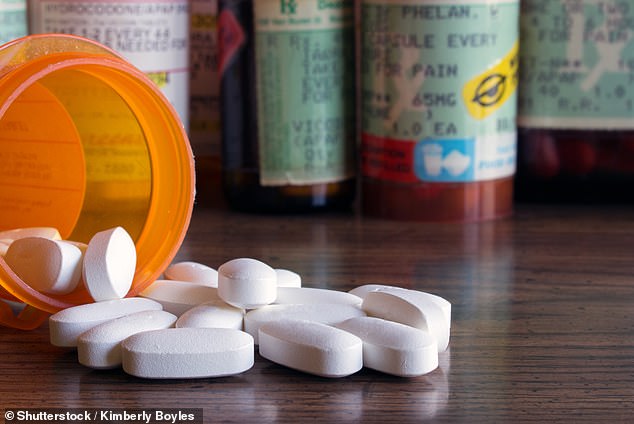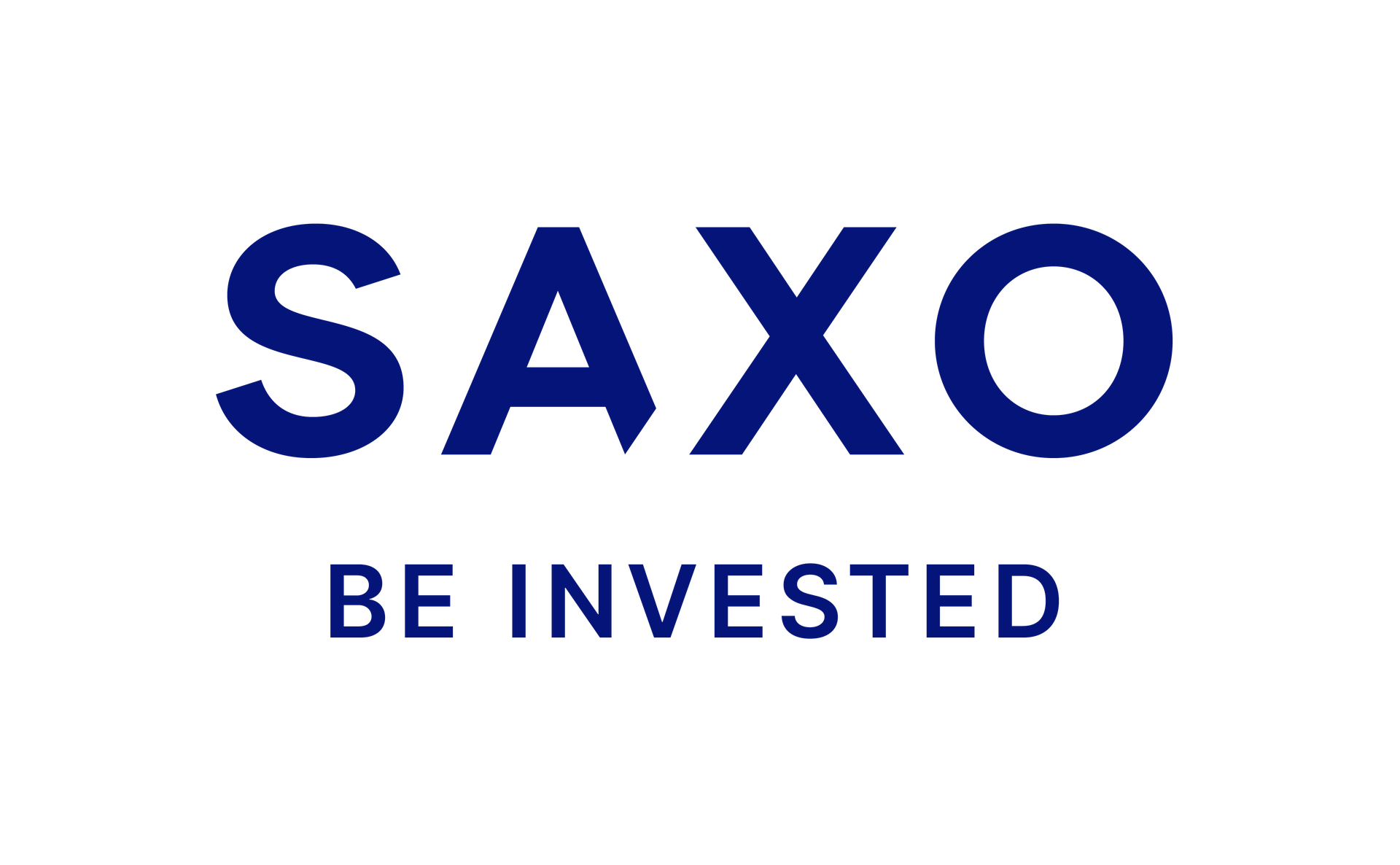In the world of life sciences, deal flow often serves as a barometer for emerging trends.
The recent acquisitions by pharmaceutical giants Johnson & Johnson and Bristol Myers Squibb, worth a combined $28billion, highlight the growing interest in mental health treatment.
This sector, valued at $448billion globally by research firm IMARC, is rapidly evolving as new alternatives emerge to address the limitations of traditional blockbuster drugs.
Among the most promising developments within the sector are treatments targeting addiction, alcohol abuse, and post-traumatic stress disorder (PTSD).
These conditions, which have long resisted conventional therapies, are now the focus of a new generation of biotech companies seeking to create more effective solutions.
Against this backdrop, Solvonis Therapeutics has emerged as a player in the ‘neuro-psych’ space.

Takeovers: The recent acquisitions by pharmaceutical giants Johnson & Johnson and Bristol Myers Squibb highlight the growing interest in mental health treatment
Previously known as Graft Polymer, the company has undergone a complete corporate transformation, driven by experienced health sector executive Anthony Tennyson.
It has exited its plastics business, retained the Graft Bio operation, and will focus entirely on mental health therapeutics.
Key to the story is its planned acquisition of Awakn Life Sciences, a Canada-listed firm, which will bring two clinical-stage assets and a pre-clinical programme into Solvonis’ portfolio.
The most advanced asset is AWKN-001, a treatment for alcohol use disorder (AUD) that combines ketamine with therapy.
Early clinical trials have shown remarkable results, with abstinence rates improving from 2 per cent to an impressive 86 per cent over six months.
A phase III evaluation, the largest of its kind to date for racemic ketamine-assisted therapy in AUD, is underway.
The study, conducted at eight National Health Service (NHS) sites across the UK, aims to assess the efficacy of a single treatment cycle combining ketamine infusions with psychosocial support.
Enrolment began last summer, and the trial is expected to continue until at least 2026, with final data analysis anticipated by 2027.
The study’s total cost is estimated at £2.4million, with Awakn contributing £800,000.
If successful, AWKN-001 could represent a transformational advance in the treatment of AUD, a condition that affects millions globally and imposes significant costs on healthcare systems.
In addition to AWKN-001, the acquisition will bring AWKN-002, an oral thin-film formulation of esketamine designed for sublingual administration.
AWKN-002 pairs esketamine delivery with structured alcohol education, providing a new approach to tackling this addiction.
In December, Awakn received positive feedback from the US Food and Drug Administration (FDA) during what is known as a pre-IND (investigational new drug) meeting.
The American regulator was supportive of the company proceeding straight to phase IIb.
Furthermore, it supported Awakn’s expedited regulatory pathway through the 505(b)(2) process, allowing reference to Johnson & Johnson’s data on its blockbuster Spravato drug, an esketamine-based treatment for depression.
This decision underscores the drug’s potential to address a significant unmet need in combating AUD.
Beyond these clinical assets, Solvonis and Awakn have been collaborating on a pre-clinical programme targeting trauma-related mental health disorders, including PTSD, which affects 13 million people in the United States alone.
The AWKN-SND-14 programme, developed and led by world-renowned neuropsychopharmacologist Professor David Nutt, consists of a series of modulators targeting serotonin, dopamine, and noradrenaline receptors.
These medical compounds are designed to enhance pro-social behaviour while providing a safer alternative to existing treatments for PTSD.
Pro-social behaviour, which involves individuals engaging in positive actions and supportive interactions with others, is increasingly recognised as a critical factor in addressing PTSD.
By fostering these behaviours, those with PTSD may overcome feelings of isolation, rebuild interpersonal relationships, and engage more effectively in therapy, ultimately supporting their recovery.
Assessing the commercial potential of Solvonis’ pipeline, you quickly realise it is substantial.
In the UK alone, around 100,000 people receive treatment for alcoholism annually, costing the healthcare system an estimated $4billion.
In the European Union, the figure rises to $22billion, while in the United States, the economic burden of AUD is estimated at between $27billion and $38billion.
As well as presenting a huge opportunity, these figures underscore the significant need for new and effective therapeutic interventions.
AWKN-001 and AWKN-002 (if they successfully negotiate all regulatory hurdles) are poised to fill this gap, offering solutions that go beyond traditional therapies with limited efficacy.
Followers of the company will already have spotted that Solvonis’ potential extends beyond its pipeline.
Its company’s senior team, led by chief executive Tennyson, combines deep expertise in life sciences and capital markets.
Professor Nutt’s involvement adds significant scientific credibility, while Dennis Purcell, the company’s chairman, brings decades of experience in biotech investment and capital markets.
Despite this strong foundation, the combined market capitalisation of Solvonis and Awakn is less than £8million, an anomaly in a sector where valuations for clinical-stage companies often far exceed this figure.
This discrepancy highlights the potential for significant upside, particularly if the company secures a licensing deal or partnership with a larger pharmaceutical firm.
Such an agreement would validate Solvonis’ science and provide a catalyst for its stock.
For investors seeking exposure to the mental health therapeutics market, it represents a high-reward opportunity (though risks associated with the approval process must also be carefully considered).
Its clinical assets are targeting substantial unmet needs, and its innovative pipeline positions the company at the forefront of the emerging neuro-psych industry.
While the company’s modest valuation reflects the challenges facing small-cap biotechs, it also presents an attractive entry point for those willing to navigate the risks inherent in drug development.
As the mental health market continues to expand and the limitations of existing therapies become increasingly apparent, Solvonis could emerge as a key player in reshaping the treatment landscape.
For now, this is undoubtedly one to watch.
For all your small-cap breaking news go to www.proactiveinvestors.com
DIY INVESTING PLATFORMS

AJ Bell

AJ Bell
Easy investing and ready-made portfolios

Hargreaves Lansdown

Hargreaves Lansdown
Free fund dealing and investment ideas

interactive investor

interactive investor
Flat-fee investing from £4.99 per month

Saxo

Saxo
Get £200 back in trading fees

Trading 212

Trading 212
Free dealing and no account fee
Affiliate links: If you take out a product This is Money may earn a commission. These deals are chosen by our editorial team, as we think they are worth highlighting. This does not affect our editorial independence.
Some links in this article may be affiliate links. If you click on them we may earn a small commission. That helps us fund This Is Money, and keep it free to use. We do not write articles to promote products. We do not allow any commercial relationship to affect our editorial independence.











